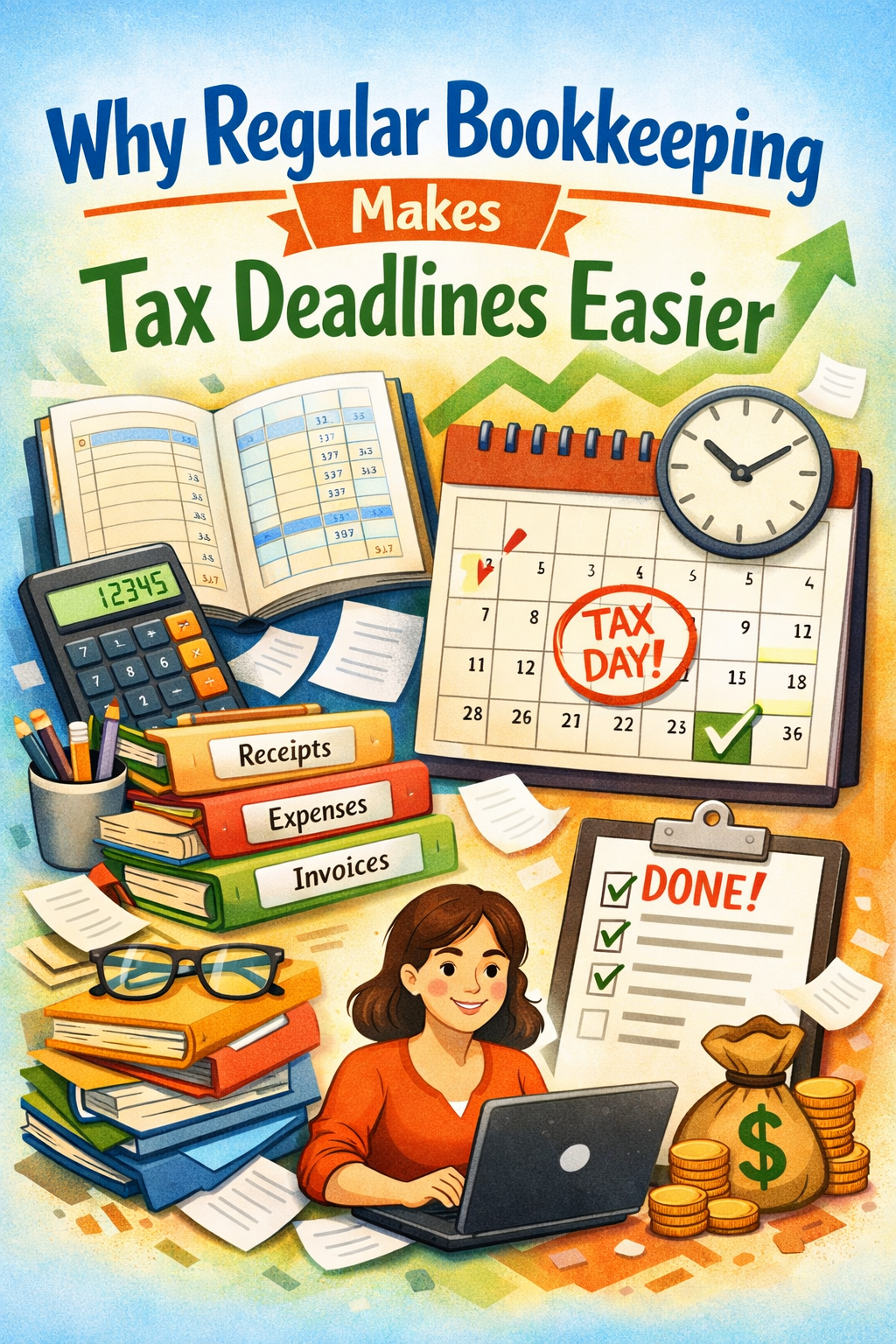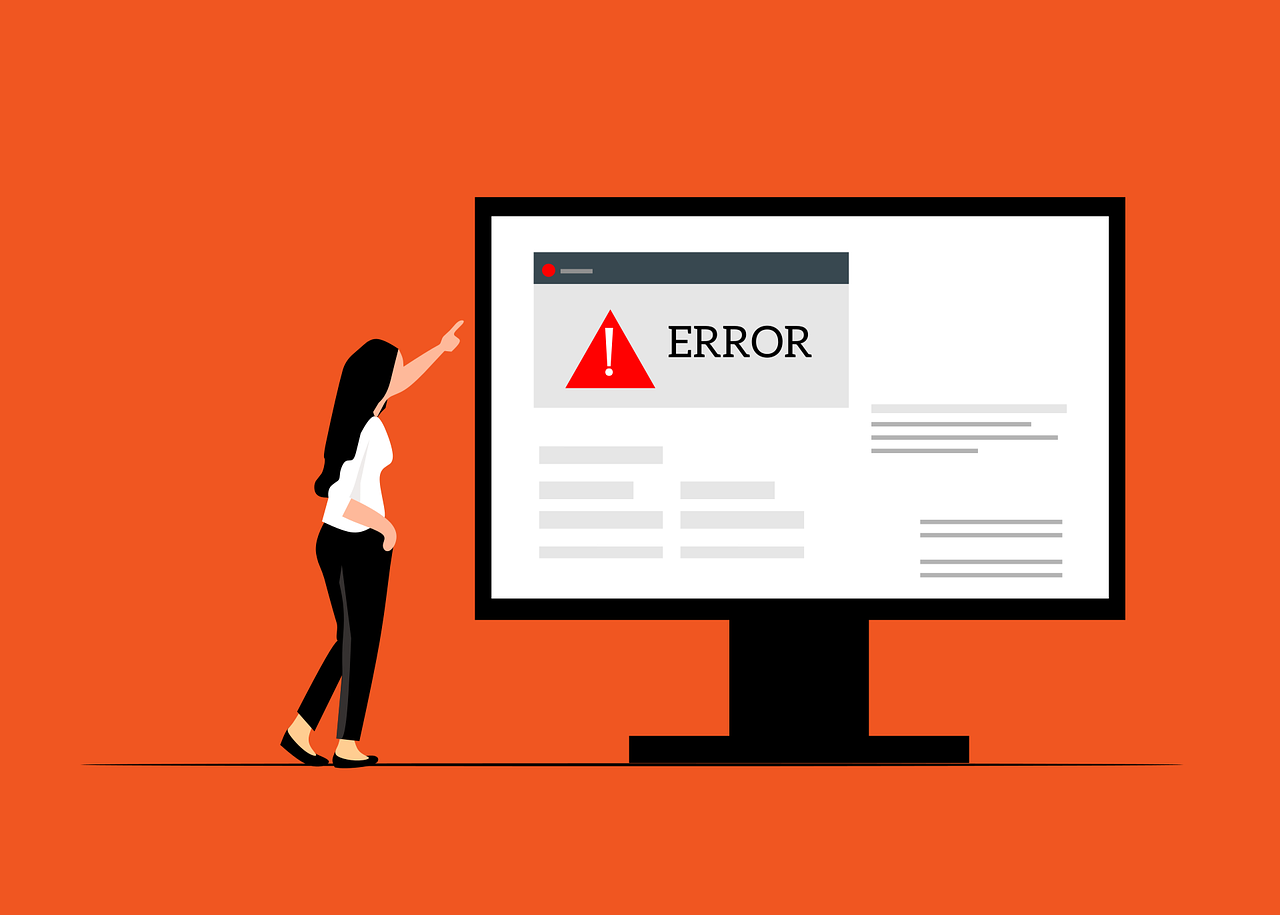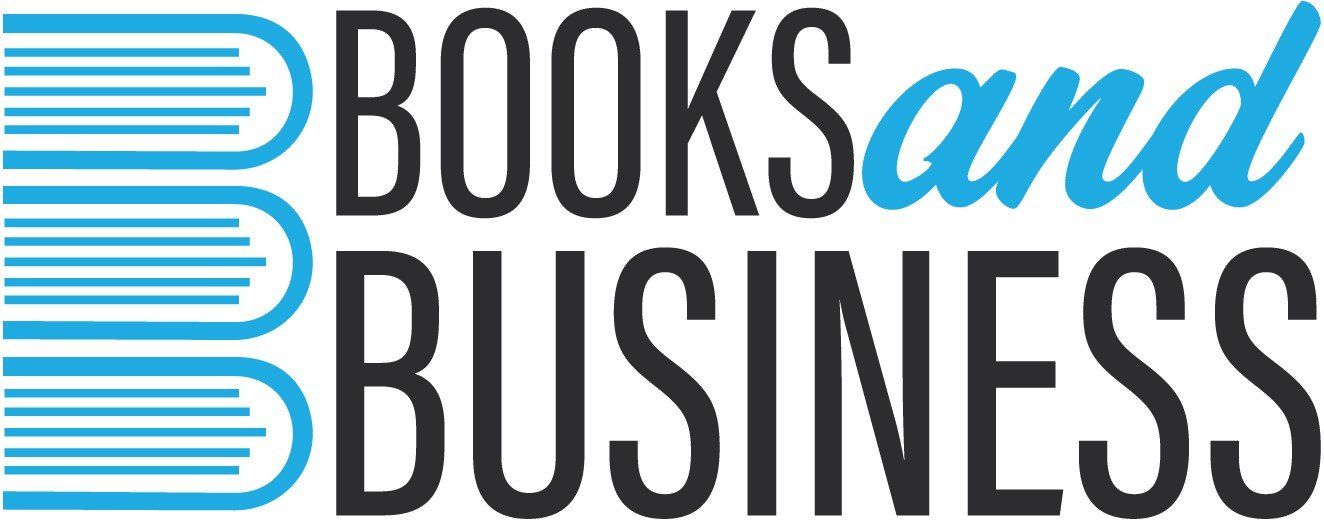Scammers pray on those waiting for tax rebates!
Getting scammed is sadly more and more common these days, but how do these scammers manage to trick unsuspecting victims!?
Our inboxes are full of emails which we can view on the go, on our mobiles, whilst juggling everything else in life. Meaning a dodgy email could potentially slip through if read when we aren’t fully concentrating, especially if we are already expecting comms from a specific source.
The self-assessment tax deadline has just passed, meaning there are many people now patiently waiting for a tax rebate. Therefore, if spoof communication were to arrive regarding said refund, it could be easily mistaken for legitimate communication from HMRC. Scammers are masters at disguise and can clone emails to look exactly like those received from HMRC including using the logo and or style of emails. The only thing a scammer can’t disguise is the email address it is sent from. They may be able to change the name but if you look into the actual email address itself, they will be unable to change this to show it has been sent from HMRC. Don’t rush when opening an email that states you are due a tax rebate, or that could be suspicious; check the @ to see if it is from HMRC and if not, do not open it, click on any links or reply with any information.
Unfortunately, it’s not just emails the scammers will use to try and get information on the premises of a tax rebate. Another way for a scammer to catch out its victim is by phone calls or text messages. Unlike emails a phone call or text can be changed to look like it is coming from HMRC meaning it could be easier to be tricked.
However, HMRC have confirmed they will not contact you via email, text or phone to ask you to request a tax rebate, or fill anything out in order to get the refund.
HMRC have stated anyone encountering suspicious comms can report them directly to them as follows:
- Forward suspicious texts claiming to be from HMRC to 60599
- Forward emails to phishing@hmrc.gov.uk
- Report tax scam phone calls through the HMRC website on gov.uk
We are all busy and juggling what life throws at us but give anything received from HMRC an extra minute of your time to ensure it is legitimate. If you receive any suspicious comms from HMRC and you are unsure if it is real, you can check HMRC’s scams advice web page




